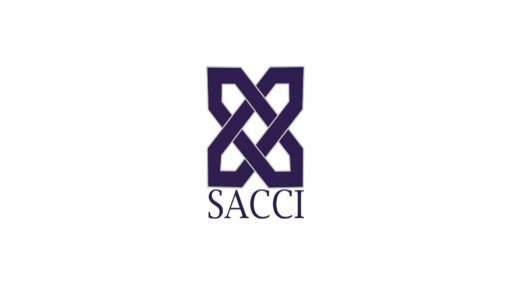
SACCI’s Business Confidence Index (BCI) remained steady at 114.7 in both February and March 2024. This upward trend has been ongoing since November of the previous year, marking the highest level for the BCI since January 2018, which coincided with the election of new leadership within the ruling party.
The month-on-month movement between February and March 2024 indicates a stabilization of business confidence at an improved level. During this period, ten out of the fourteen BCI sub-indices either positively contributed to the BCI or remained unchanged, while four sub-indices had a negative impact. The notable short-term positive influences were observed in global trade and foreign tourist service-related activities. Additionally, the SACCI BCI showed a medium-term improvement as it rose by 3.4 index points year-on-year up to March 2024.
The enhanced BCI suggests a business environment that remains stable to positive, despite external factors and local economic challenges that may not be conducive to business operations. This positive shift in the SACCI BCI reflects businesses' adaptability to adverse circumstances, partly attributed to positive international economic and business relations involving South Africa.
Despite South Africa’s foreign political relations, international economic and business engagements have significantly contributed to the country's economic well-being. These engagements play a vital role in supporting local business activities and influencing the overall business climate. Moreover, they not only bolster business confidence but also enhance investor confidence among foreign non-residents and local businesses alike.
Critical to achieving economic growth is maintaining adequate levels of capital stock and encouraging continued fixed investment. However, domestic savings in South Africa fall short of financing the necessary fixed investment to expand the capital stock. In 2023, domestic savings only accounted for 14% of GDP, leaving a considerable shortfall of 11% of GDP to achieve a 25% fixed investment to GDP ratio. This financing gap must be supplemented by foreign investment due to South Africa's inadequate domestic saving performance.
As the upcoming election campaign unfolds, participants may espouse various objectives and goals. Nonetheless, prioritizing actual performance and accountability that yield tangible shorter to medium-term results is crucial for fostering greater local and foreign investor confidence, sustainable economic growth, and increased employment opportunities.
Issued by SACCI